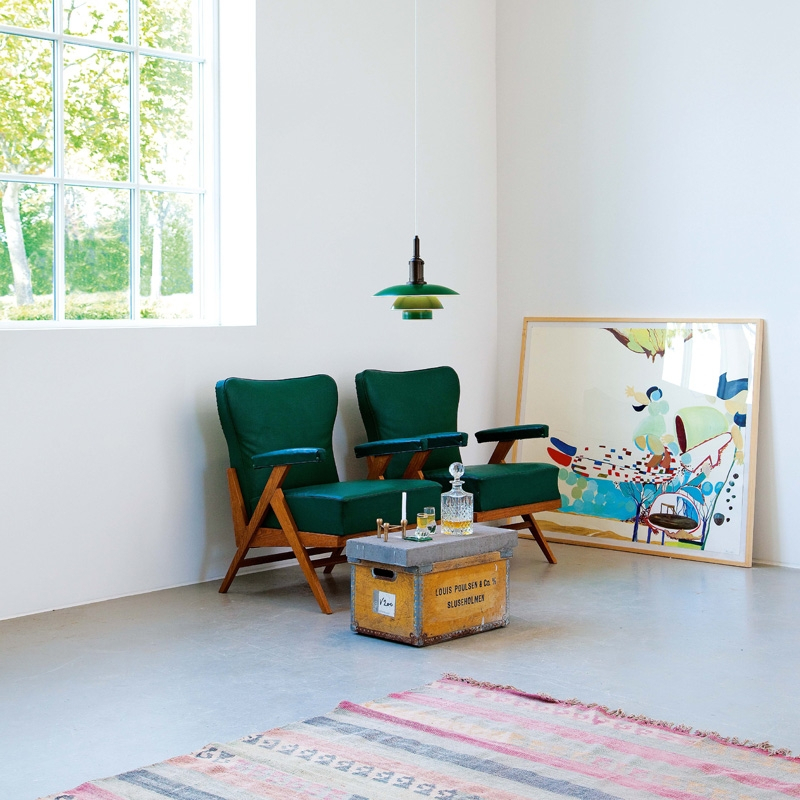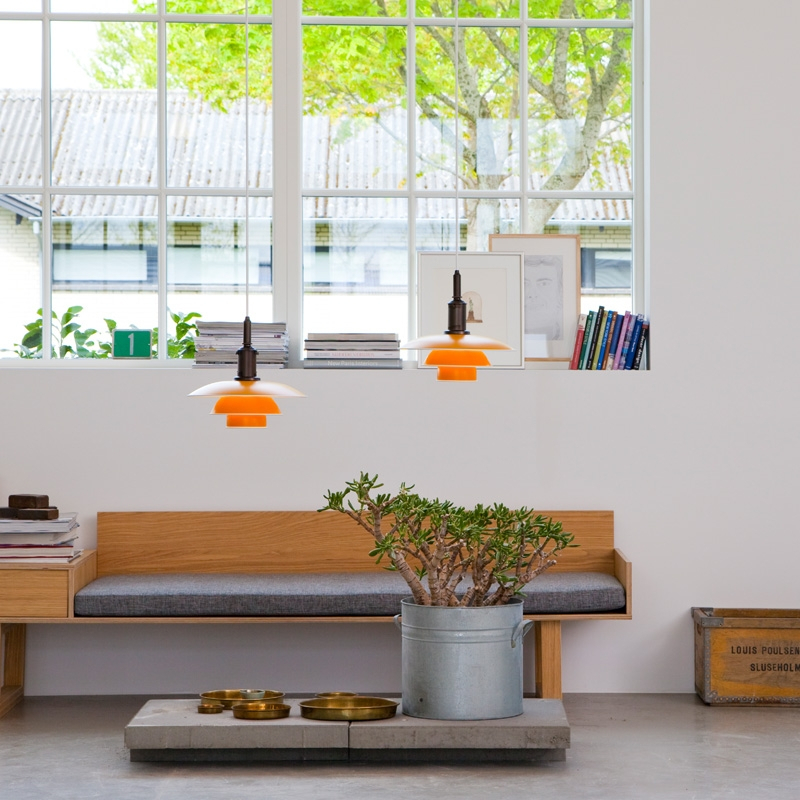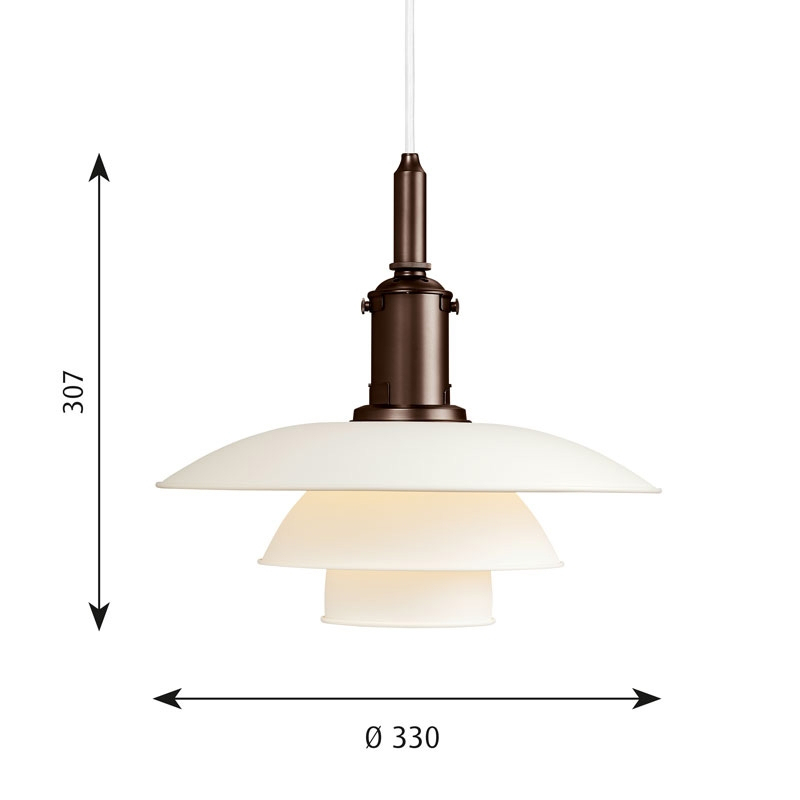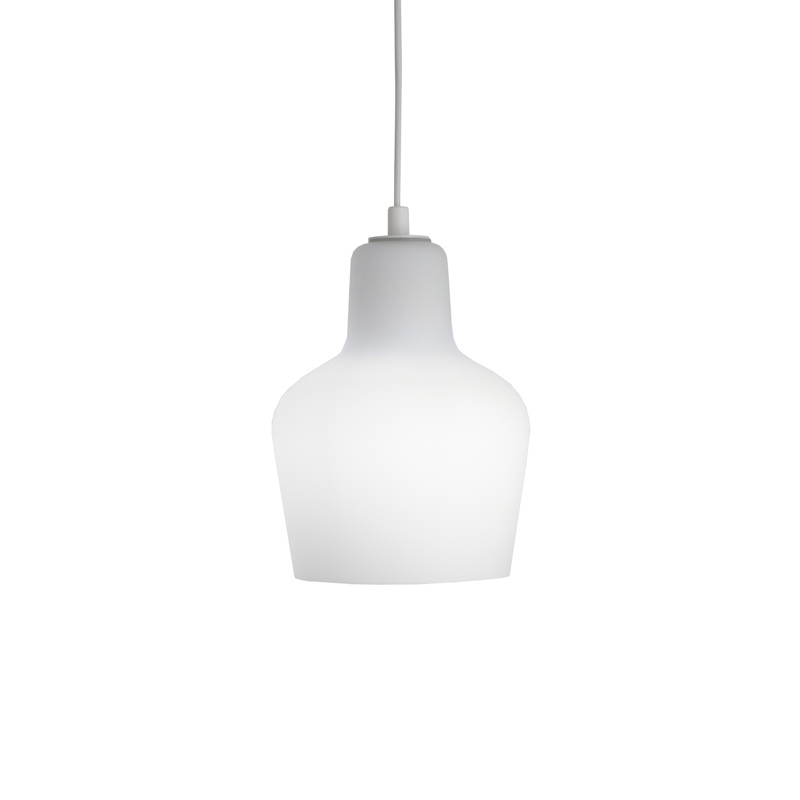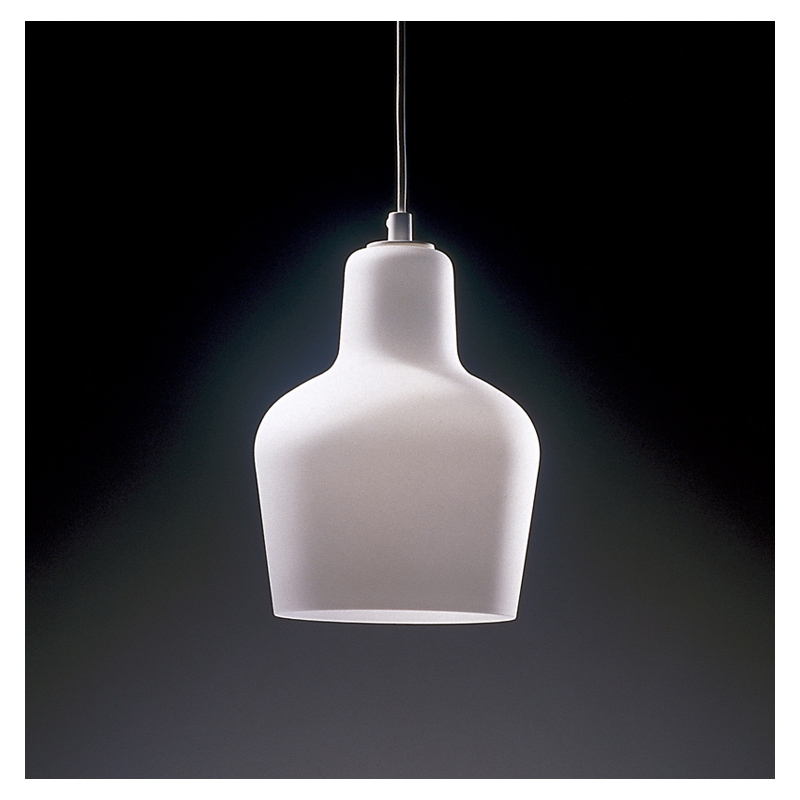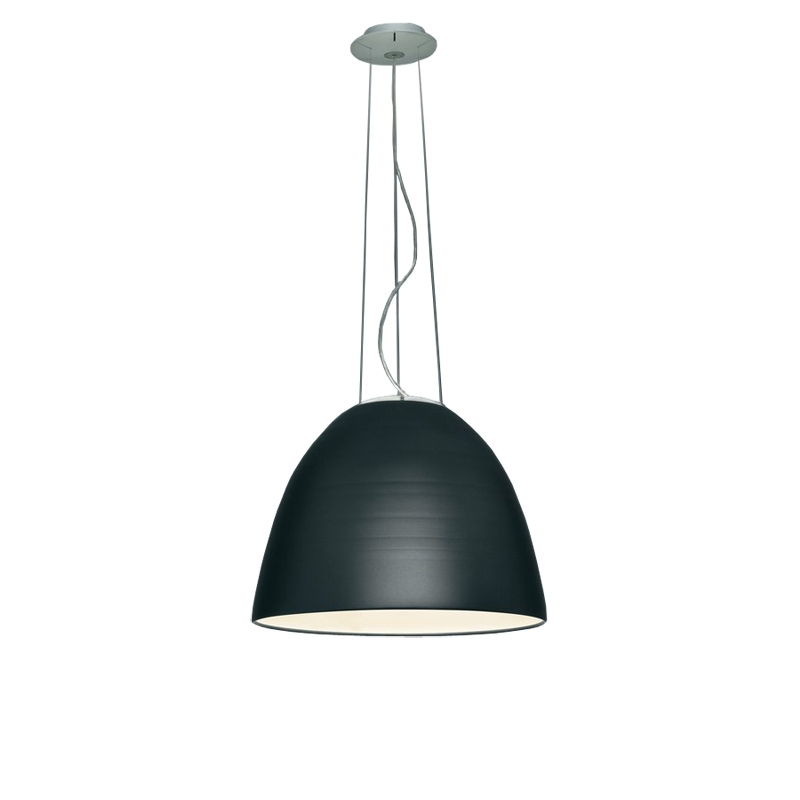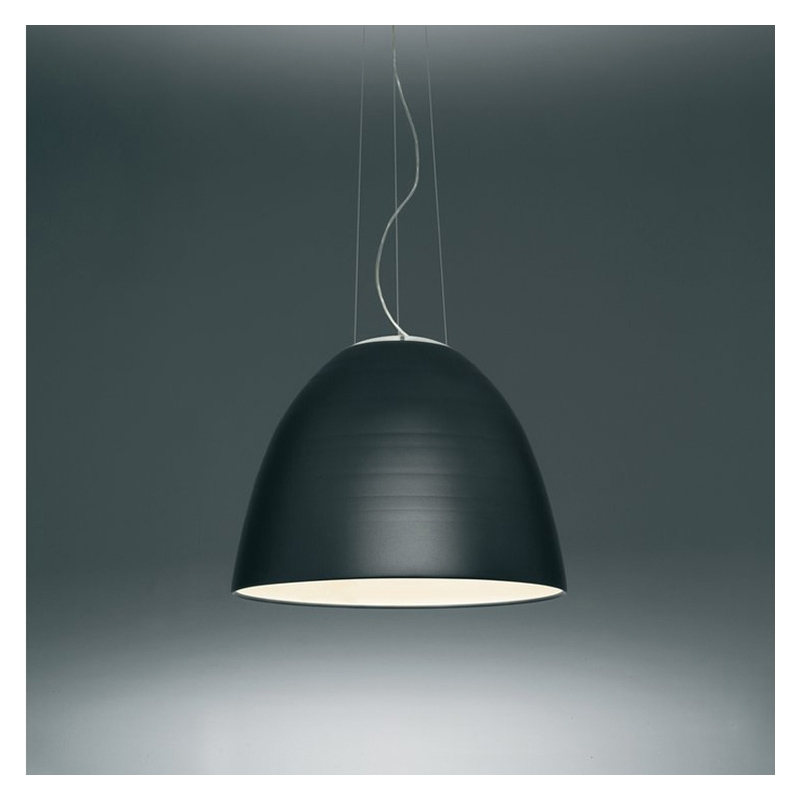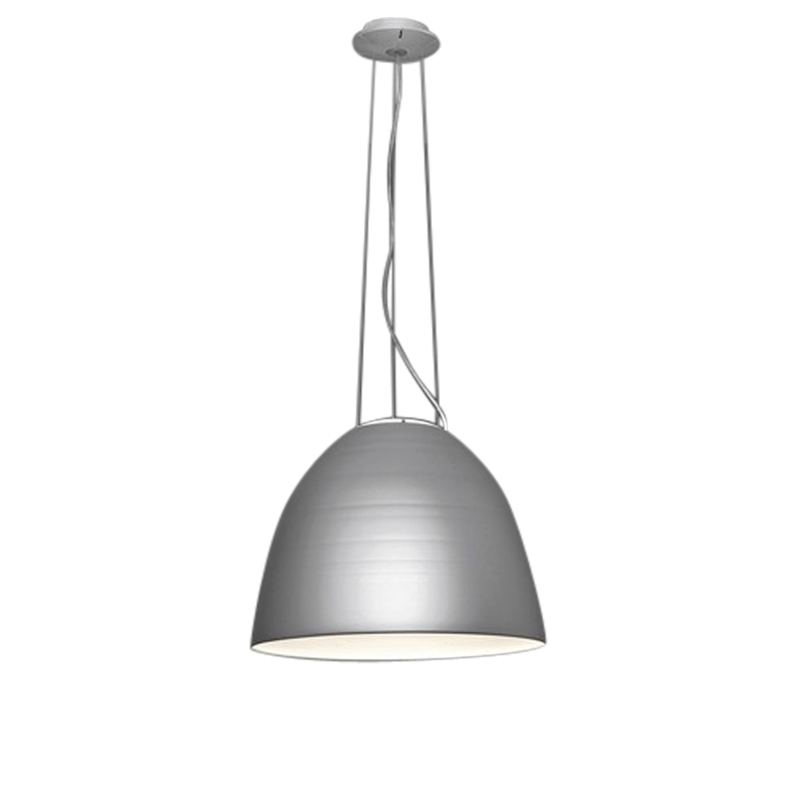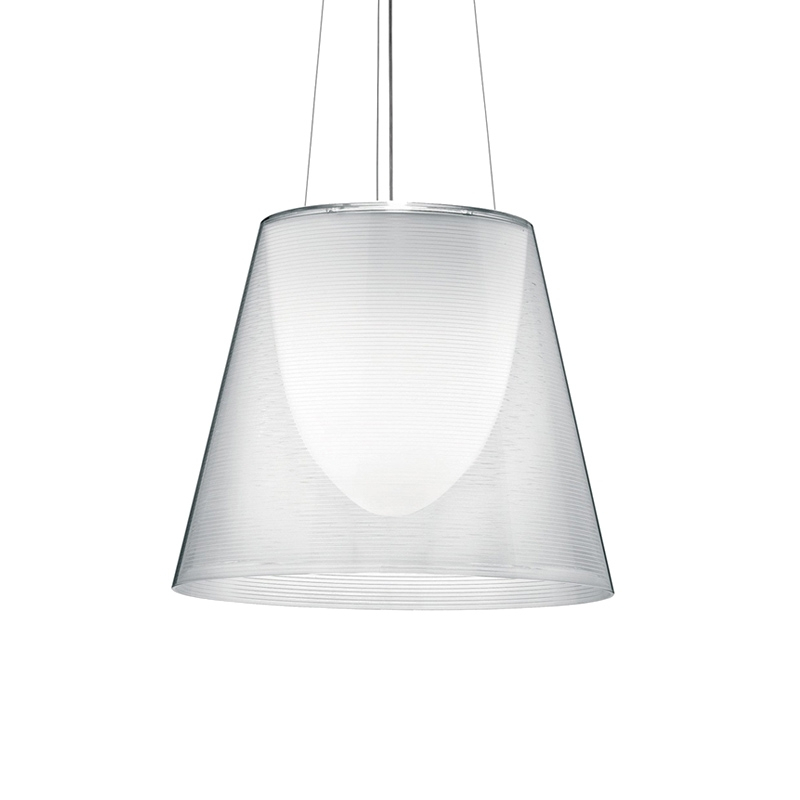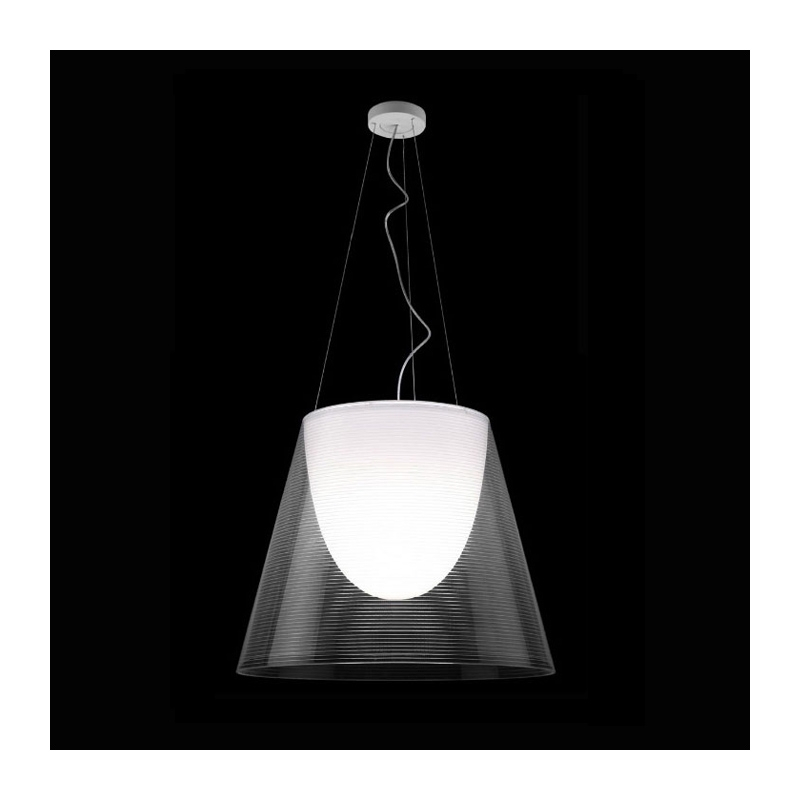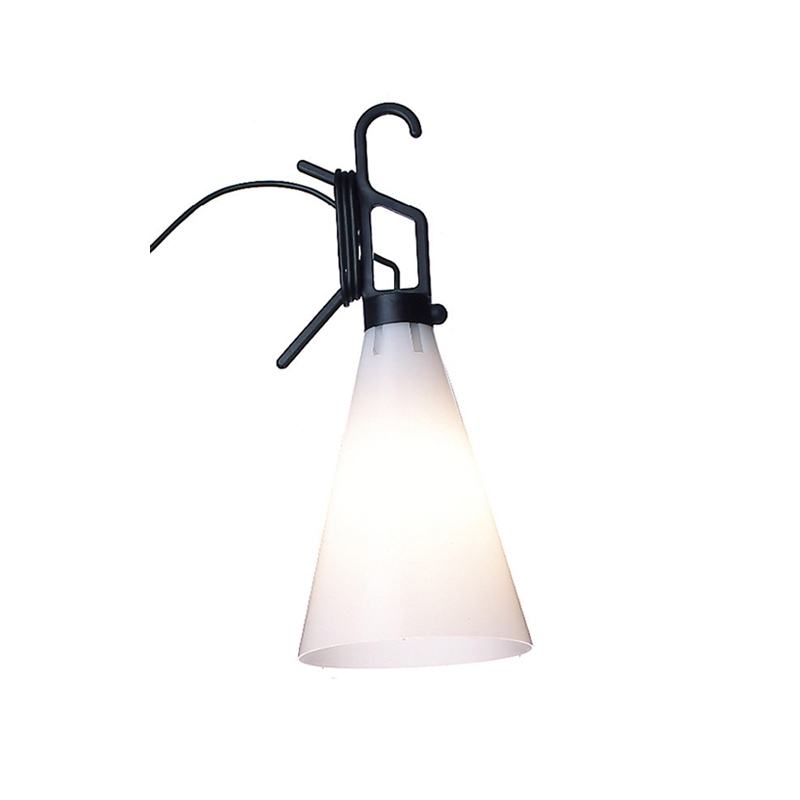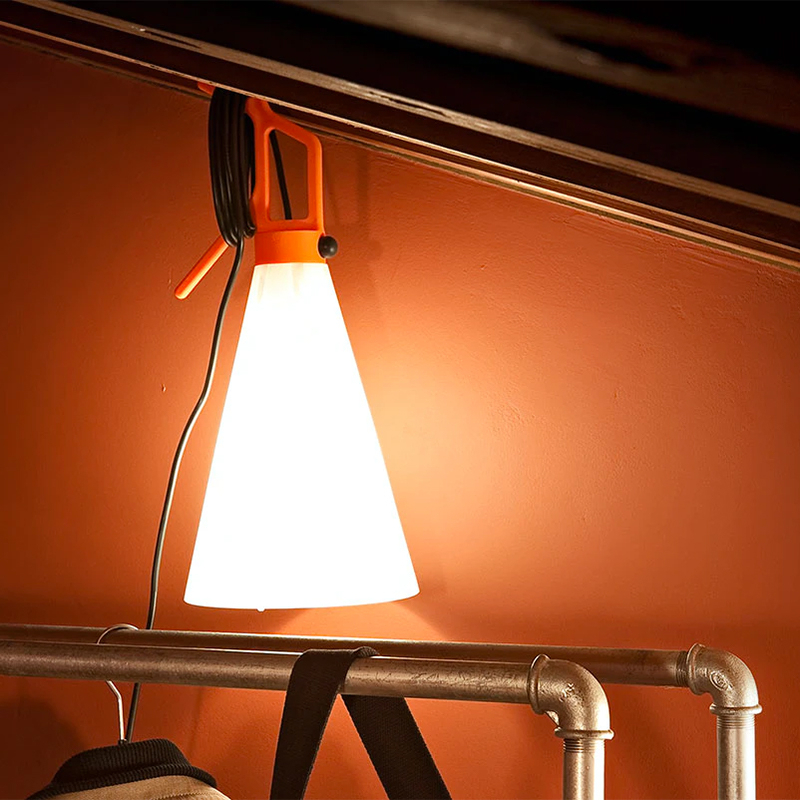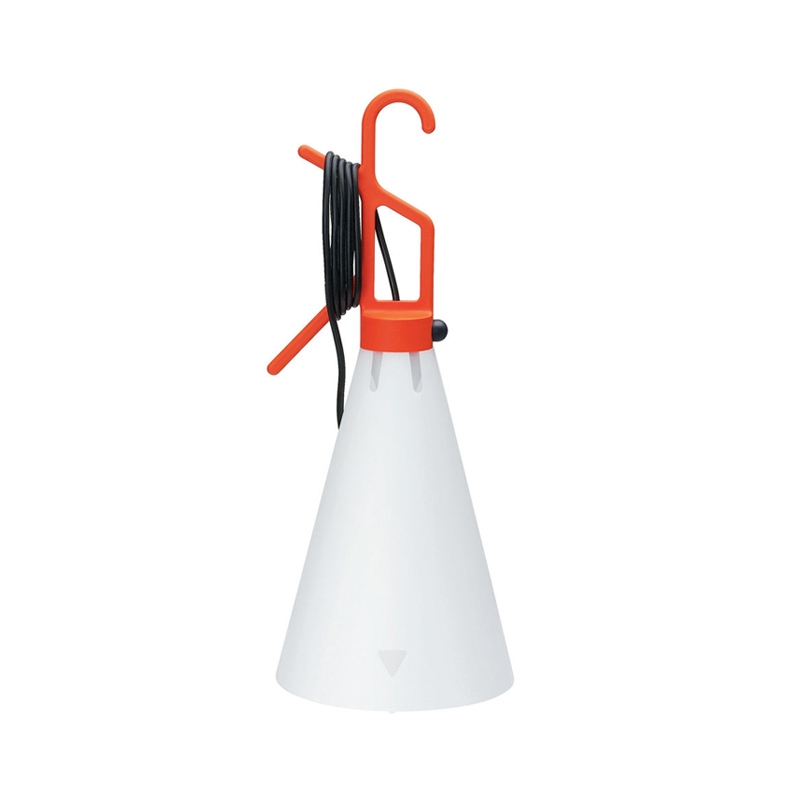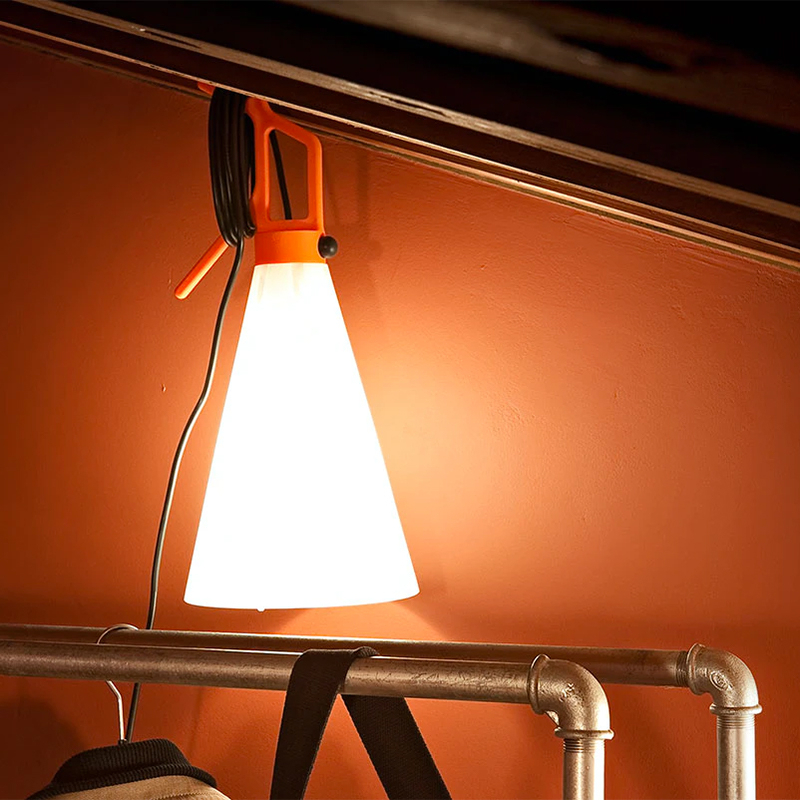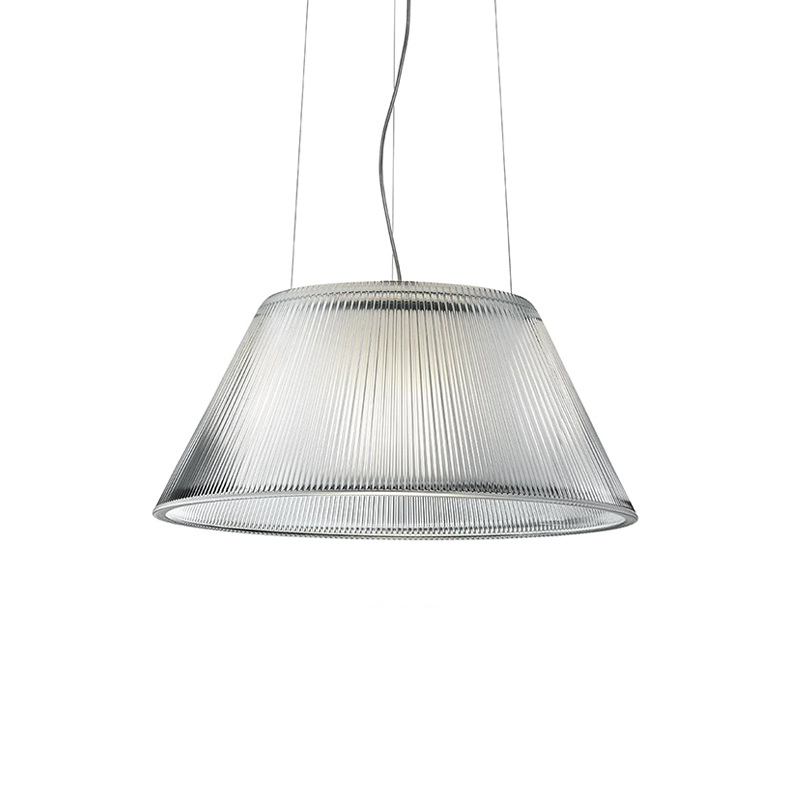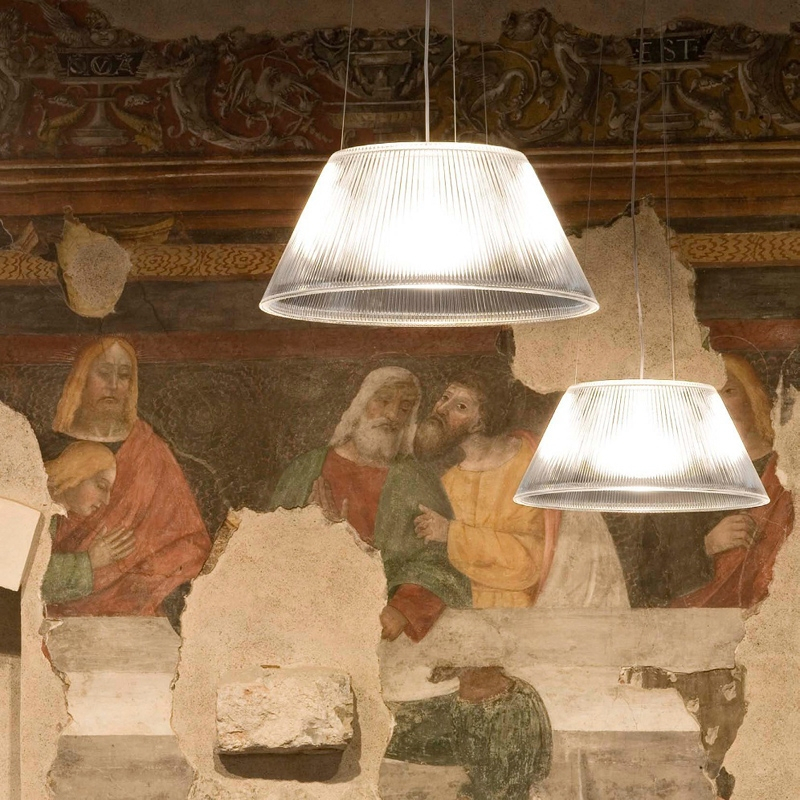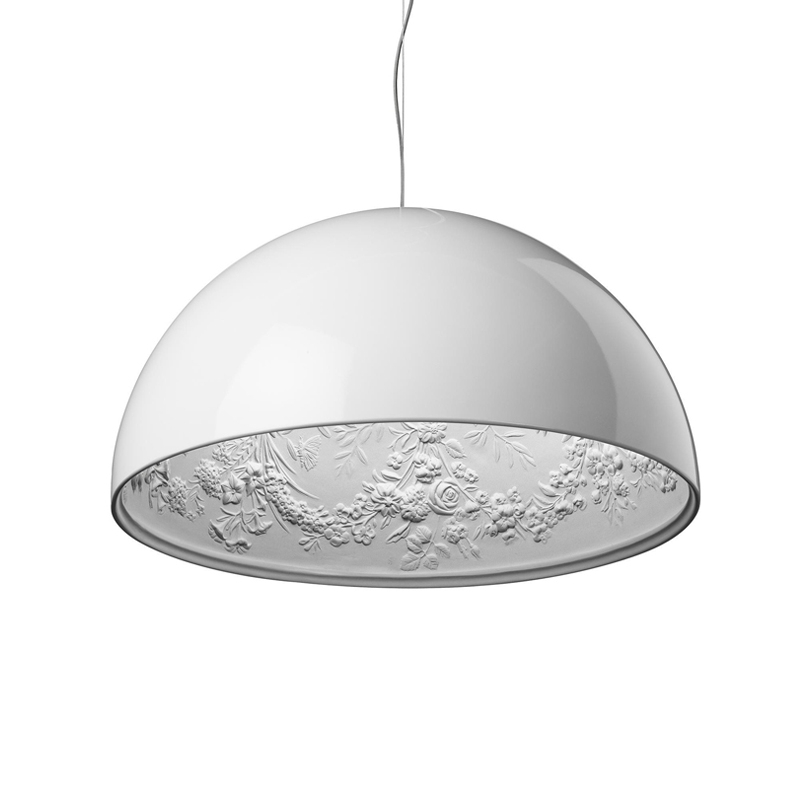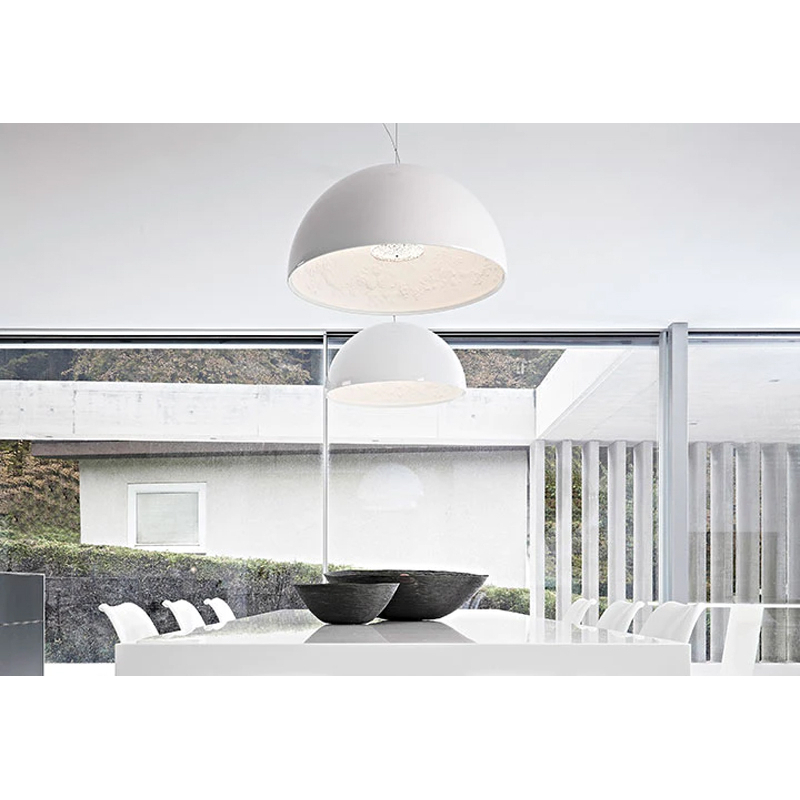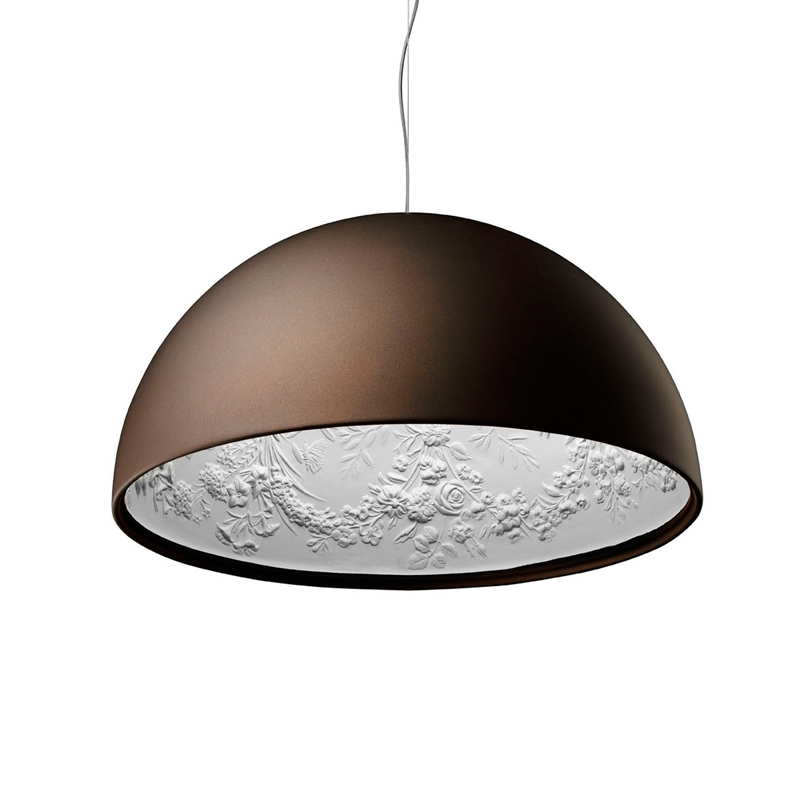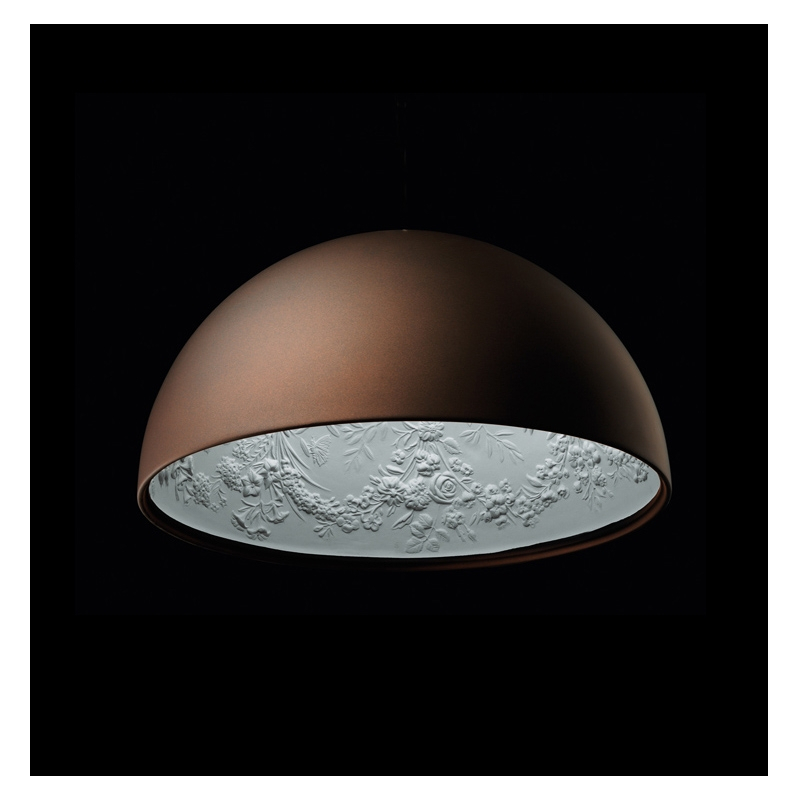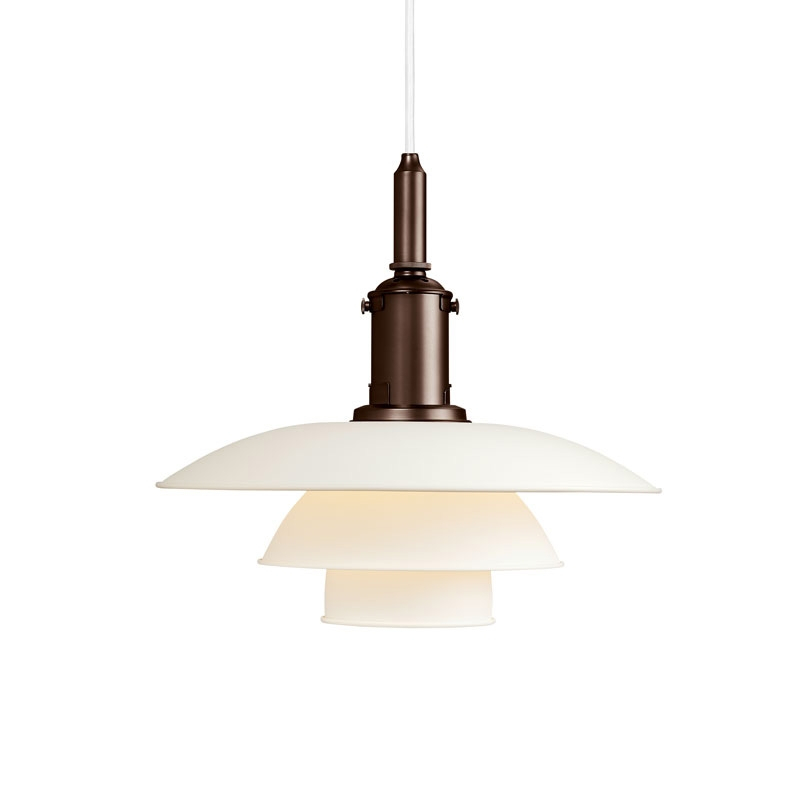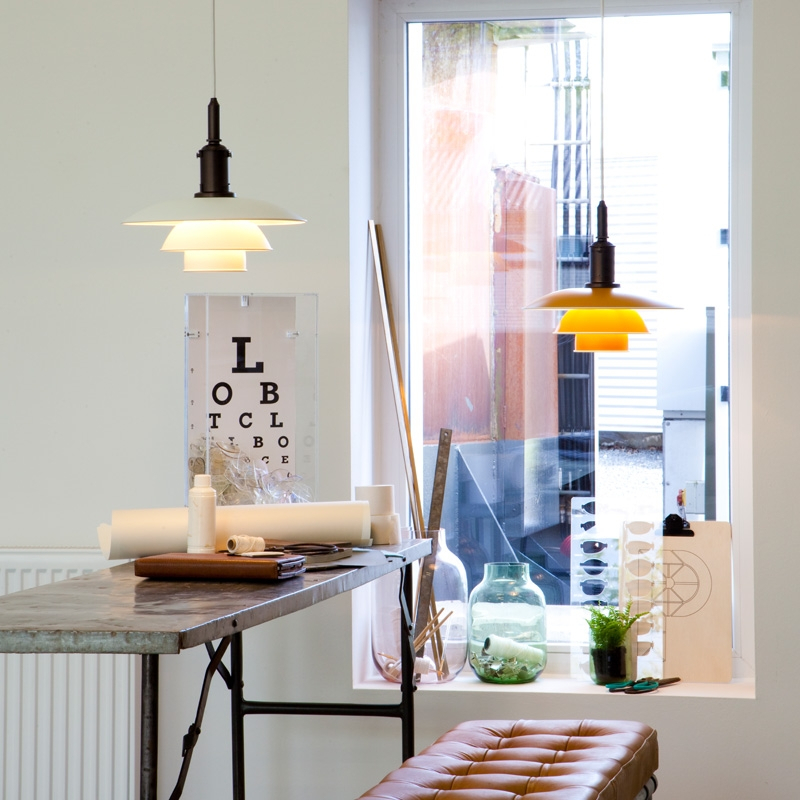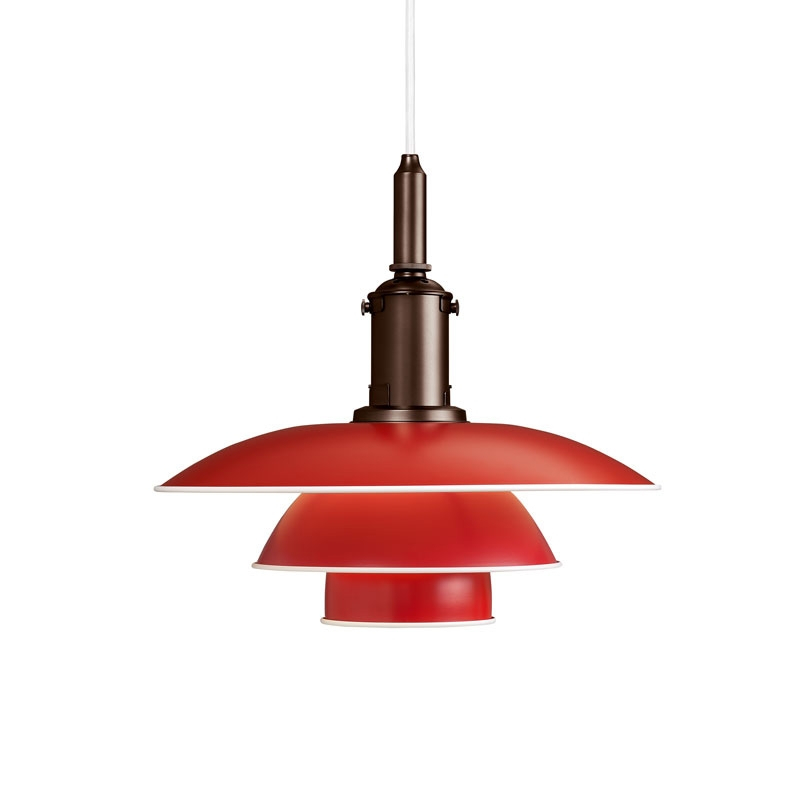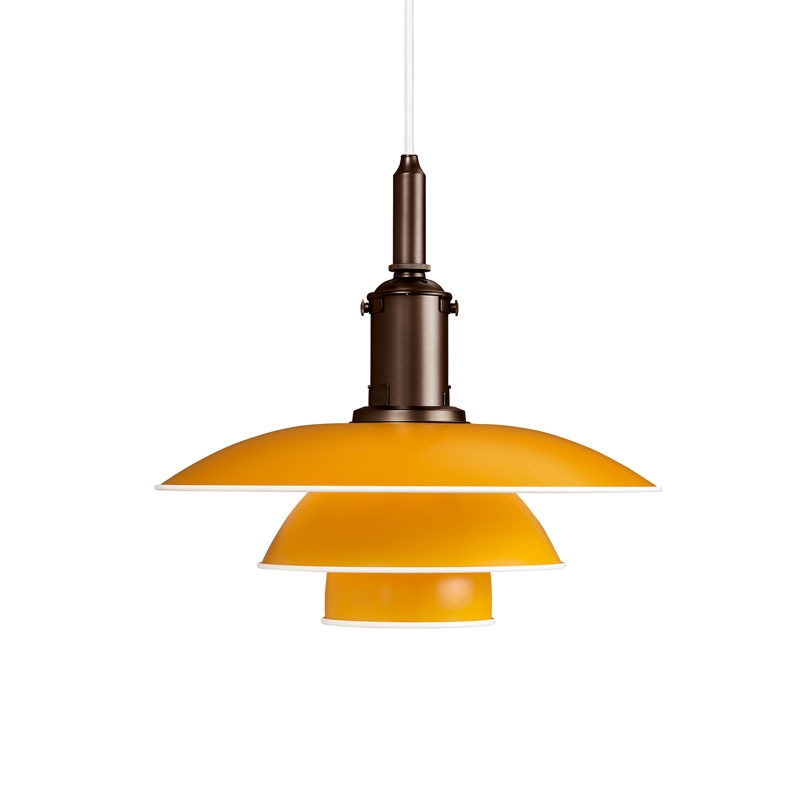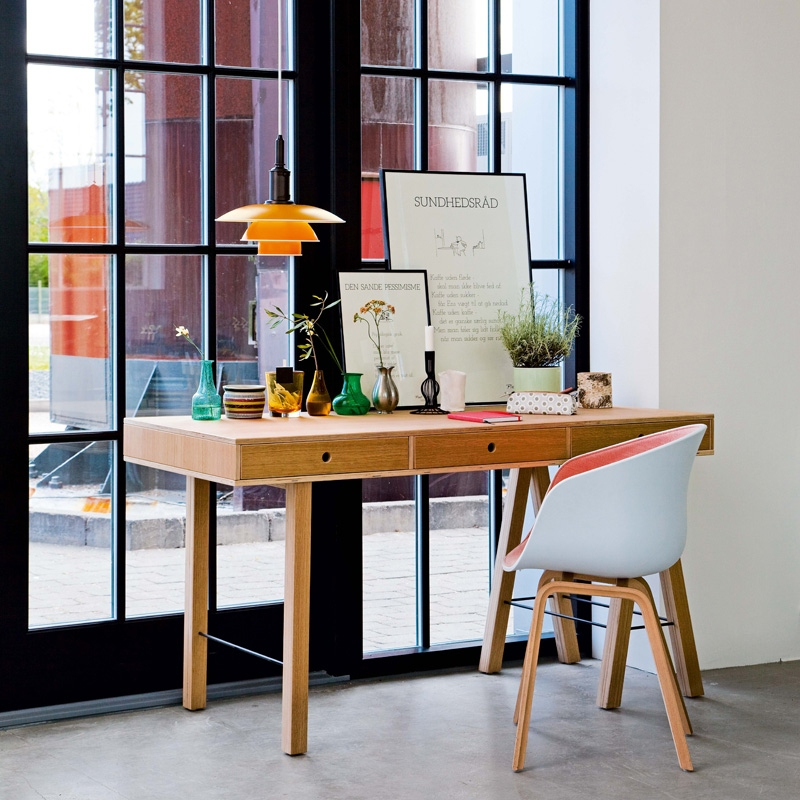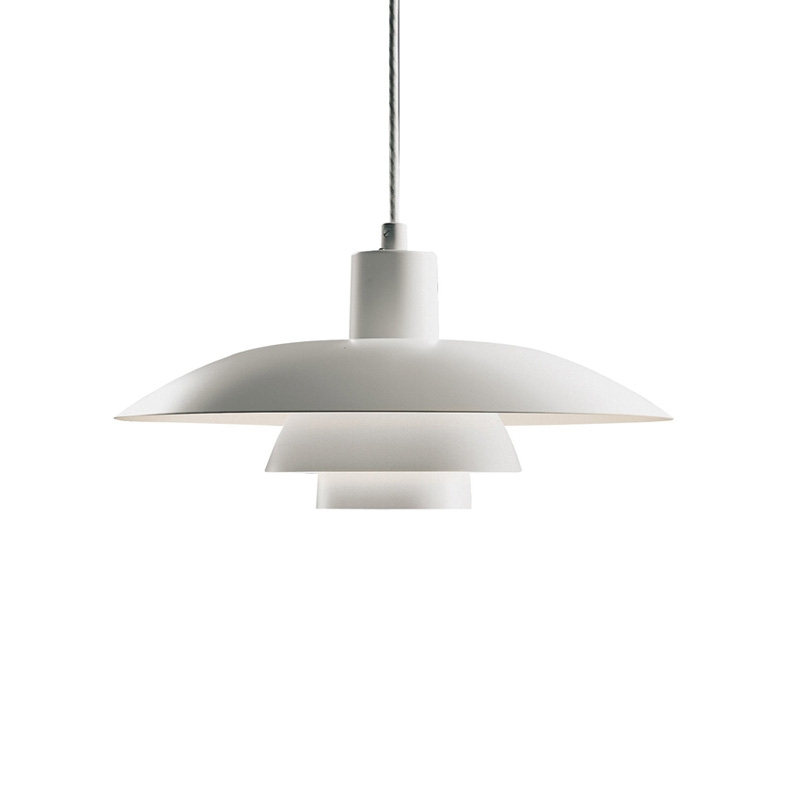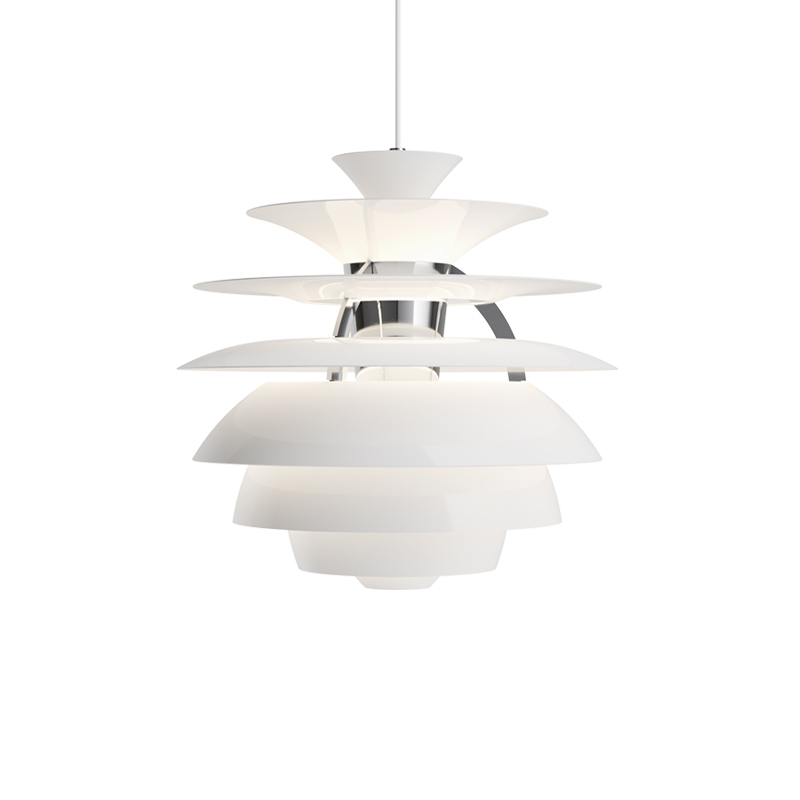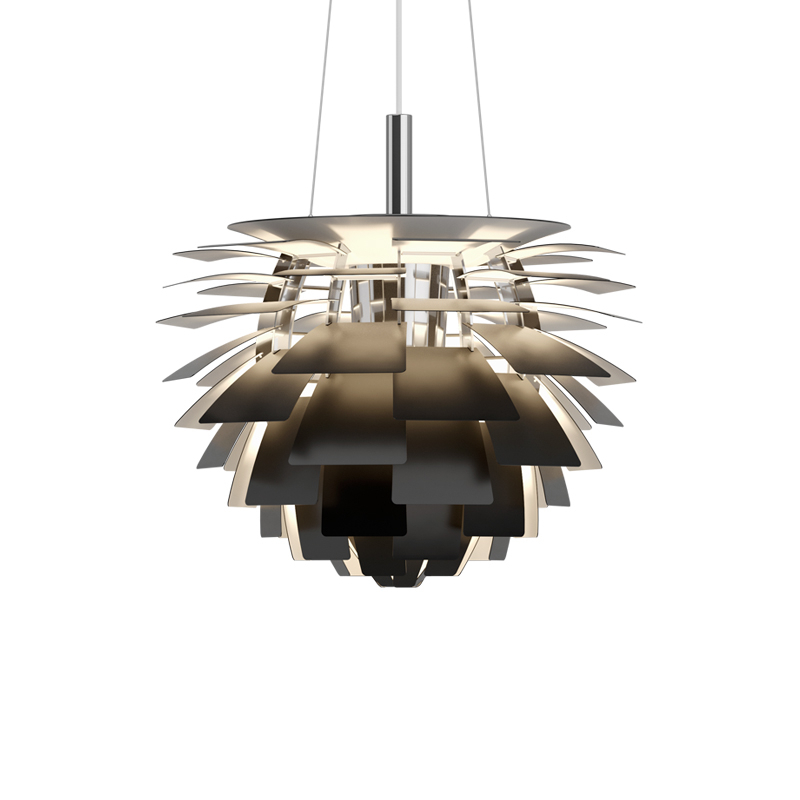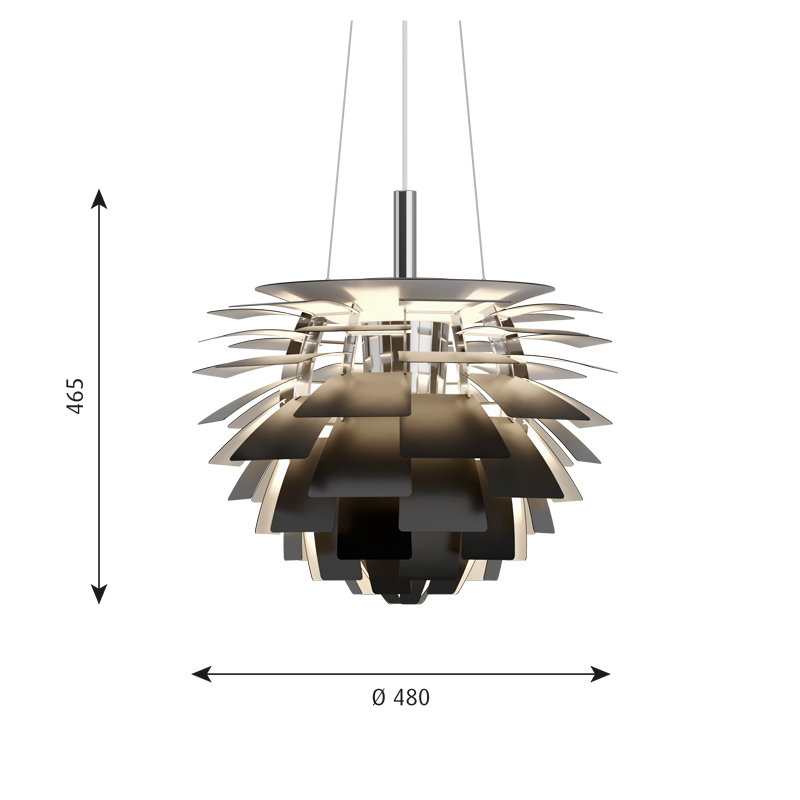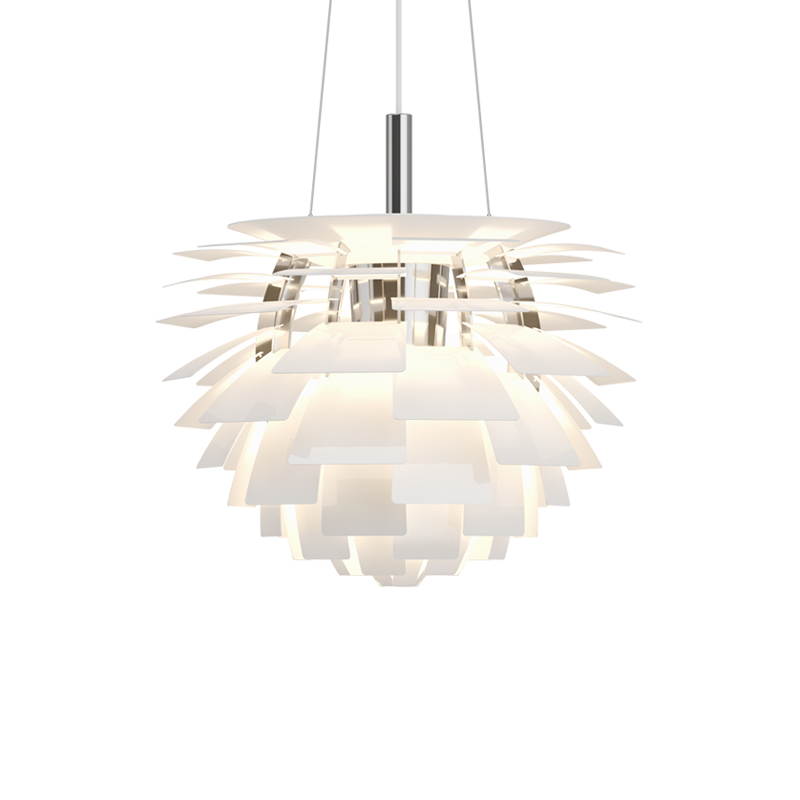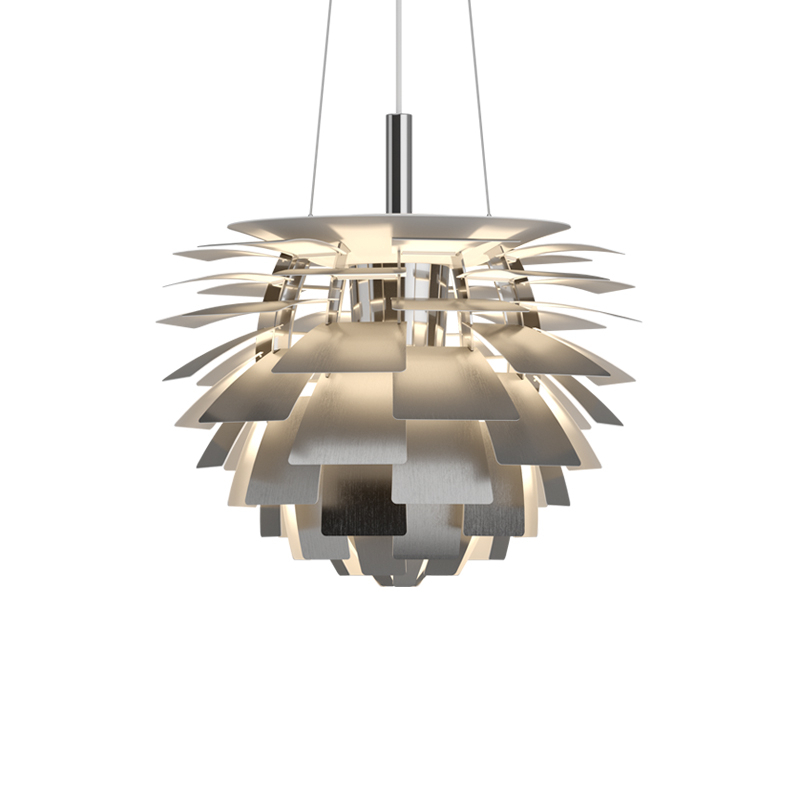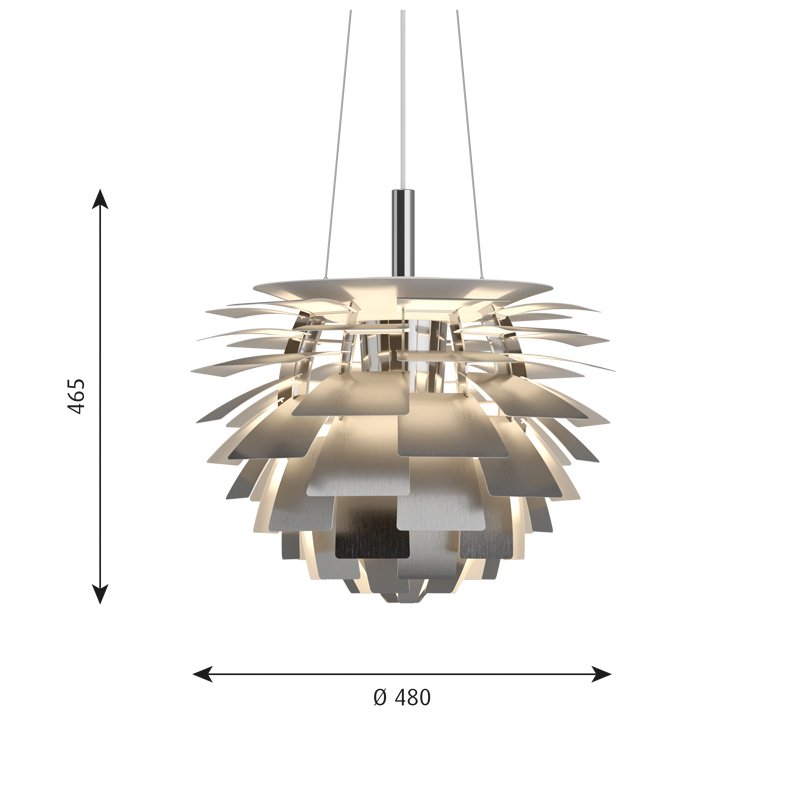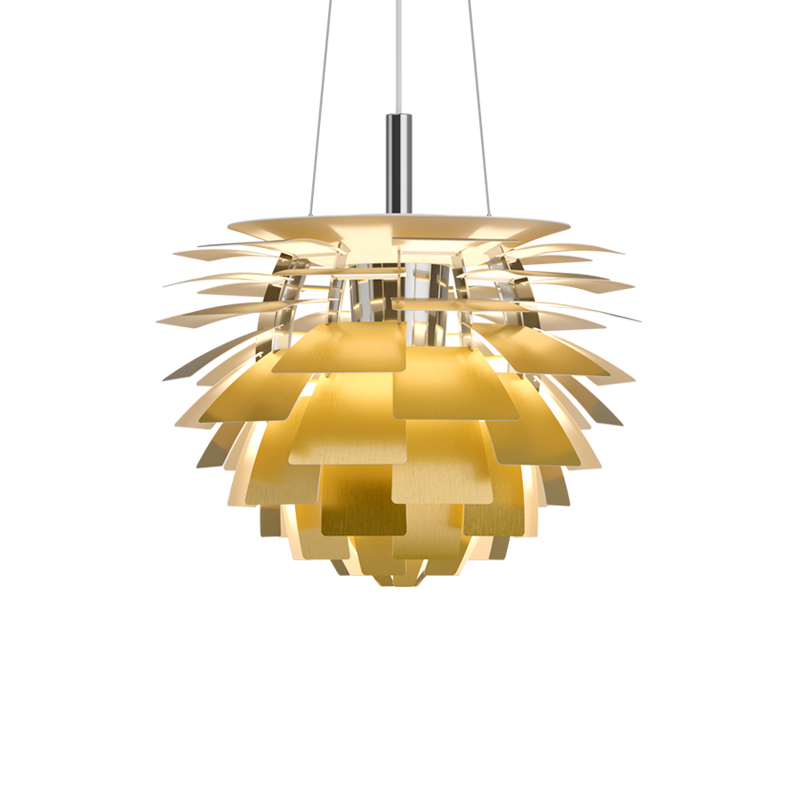- wishlist
-
Cart
Your cart is empty.
menu overlay
- Products
- Spaces
- Brands
- About
- Contact us
- Our CSR commitments
- Our Showrooms
- Request a quote
- Professional space
- General catalogue
Contact : +33(0)1 46 22 27 22
contact-eshop@silvera.fr
Contact : +33(0)1 46 22 27 22
contact-eshop@silvera.fr
menu overlay
Already a customer?
New customer?
Enjoy all the benefits we offer and track your purchases in the order history.
Registermenu overlay
Reset my password
You will receive a link by email to reset your password.
20%
Description
To mark Poul Henningsen's 120th birthday on 9 September 2014, Louis Poulsen has released the new PH 3½-3 pendant. Faithful to the world of Poul Henningsen and his late 1920s and early 1930s designs, the lamp consists of three aluminium shades and a copper pendant. Designed more than 80 years ago, this pendant combines modernity and classicism, and is perfectly suited to a wide variety of interior designs. Elegant, rustic and functional at the same time, the PH 3½-3 pendant is a masterpiece of Danish design history when it comes to lamps. Available in several colours, it is just as beautiful on its own as it is combined with other pendants in a dining room for example.
Technology
1 x 100W E27
Color
green
Dimensions
diam 33cm x H 30.7cm, Cable H 300cm
Finish
powder coated aluminium diffuser, Matte brown copper suspension
Availability
2 to 3 weeks
- Home
- ▸
- Pendant Light
- ▸
- PH 3 1/2-3 PENDANT Green
What you think of it
Delivery Terms
Delivery possible within 48 hours for in-stock products.
You will also like
By the same designer
menu overlay
Quote request
You will receive a response from us within 24/48 hours
Your contact details
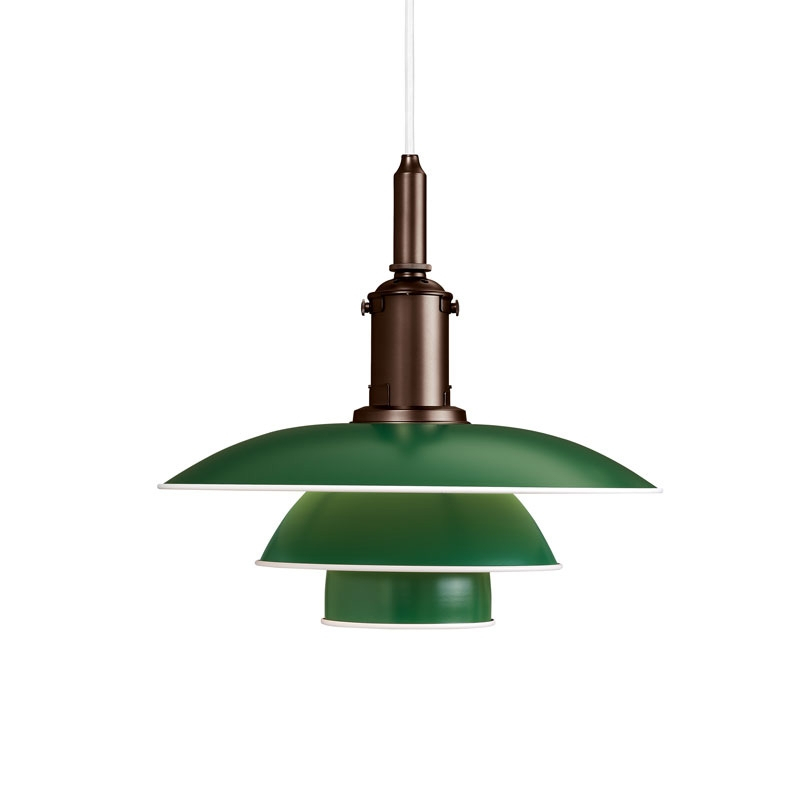
Pendant Light
PH 3 1/2-3 PENDANT Green
Technology :
1 x 100W E27
Color :
green
Dimensions :
diam 33cm x H 30.7cm, Cable H 300cm
Finish :
powder coated aluminium diffuser, Matte brown copper suspension
Availability :
2 to 3 weeks
Brand :
LOUIS POULSEN
€952.00 TTC
€952.00 HT
In stock
In stock
€952.00 TTC
€952.00 HT
Total items :
€952.00
Taxes
0 €
Total (VAT incl.)
€952.00




